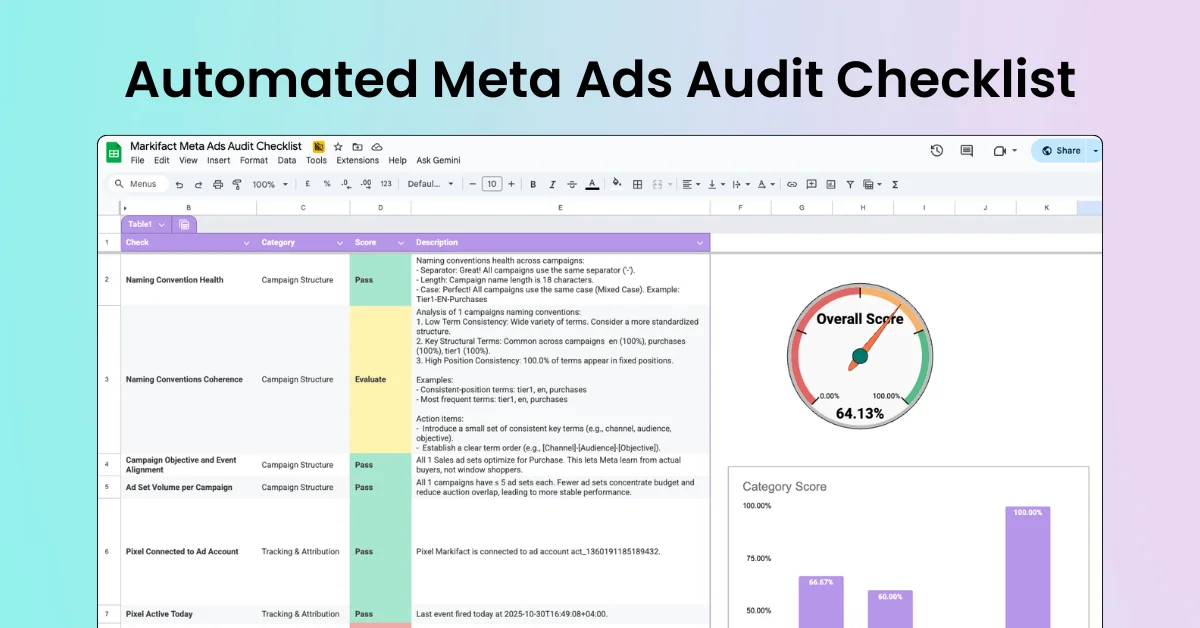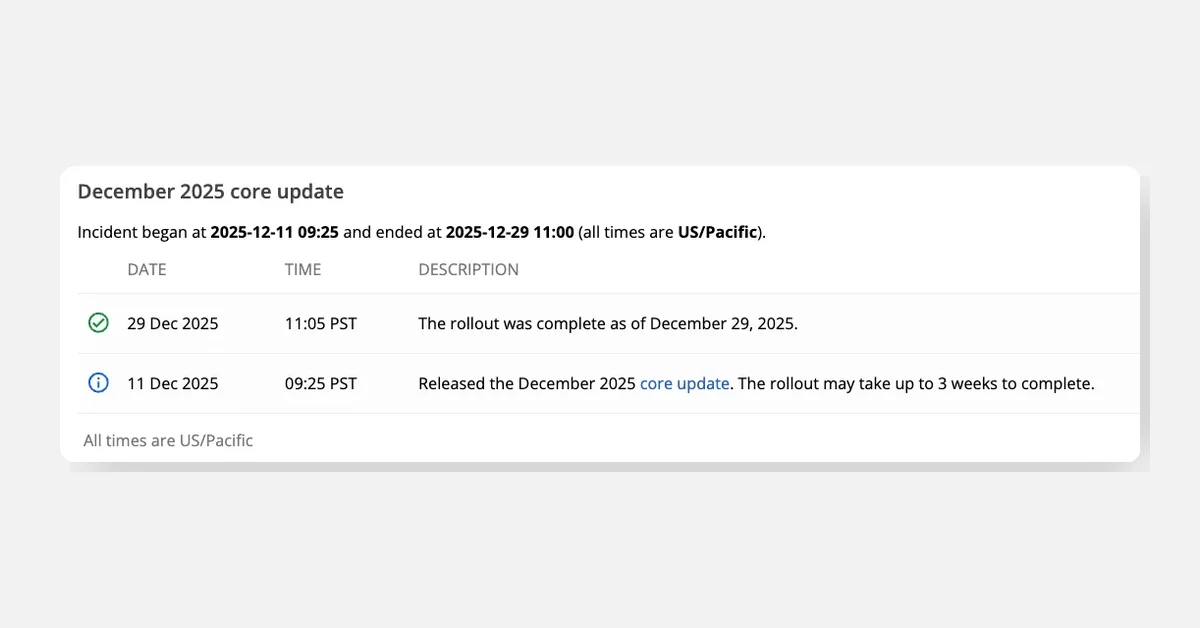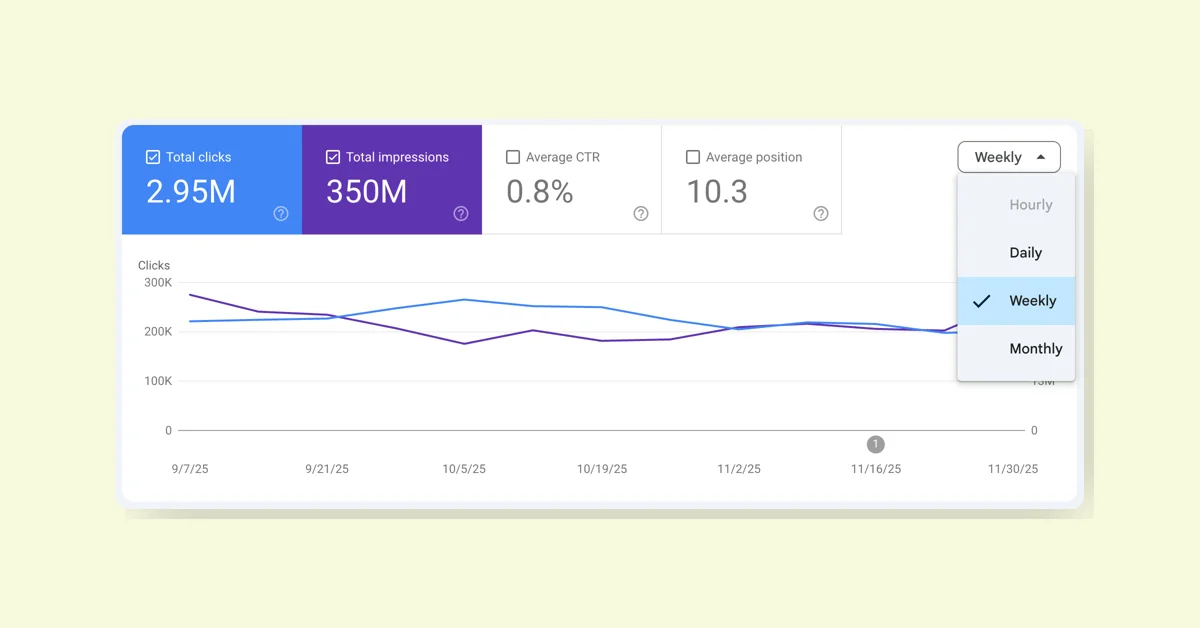A collection of 2,500 leaked internal documents from Google, detailing the data the company collects, has been confirmed as authentic. Previously, Google had not commented on the materials. These documents provide a rare glimpse into the data Google tracks, some of which may be used in its search ranking algorithm. However, Google cautions against making assumptions based on potentially outdated or incomplete information.
Google clarified that algorithm leaked data is not comprehensive or fully relevant to its current search rankings. The company stated that it is committed to providing accurate information but will not offer detailed explanations of individual ranking signals. Google also highlighted that its ranking systems change over time and that it aims to communicate relevant information to the community.
Key Points
- Confirmation of Authenticity: Google has confirmed the authenticity of the leaked documents, which detail various data points the company tracks.
- Data Usage: The documents suggest that Google collects data such as clicks and Chrome user data, which company representatives have previously stated do not contribute to search rankings.
- Impact on SEO Industry: The leak is expected to cause significant ripples across the SEO, marketing, and publishing industries. It provides more clarity on the signals Google considers for ranking websites.
- Google's Response: Google emphasizes that the leaked information should not lead to inaccurate assumptions about its search algorithm. The company has shared extensive information about how Search works while protecting result integrity from manipulation.
- Industry Implications: The choices Google makes in search rankings impact a wide range of businesses, from small publishers to online stores. The leaked documents offer insights into Google's thinking, although the exact use of the data remains unclear.
The leak, along with recent testimony in the US Department of Justice antitrust case, sheds more light on Google's search ranking considerations, despite the company's usual secrecy.



















